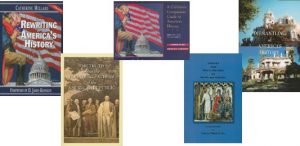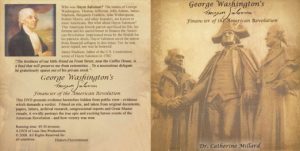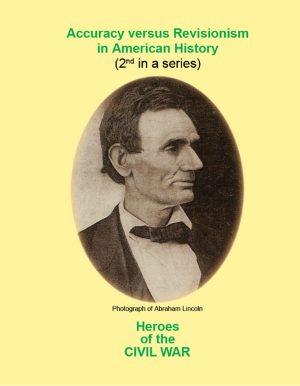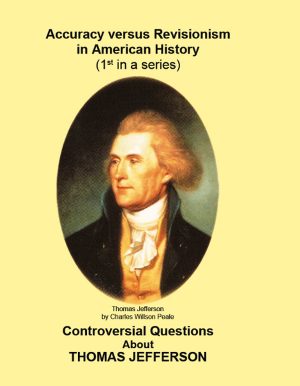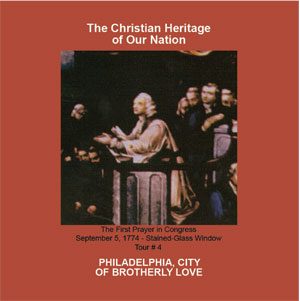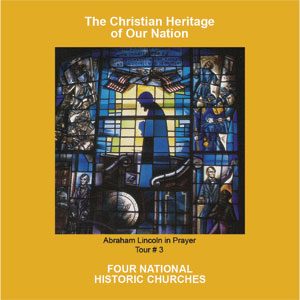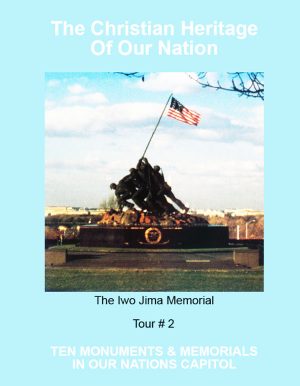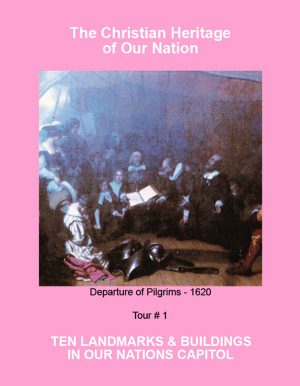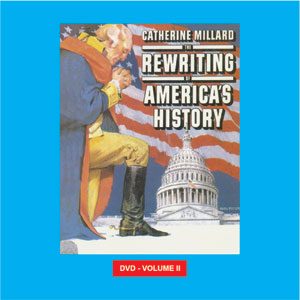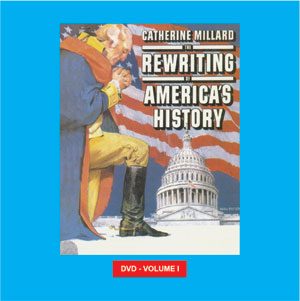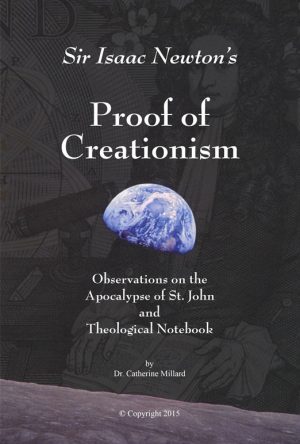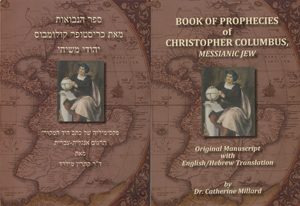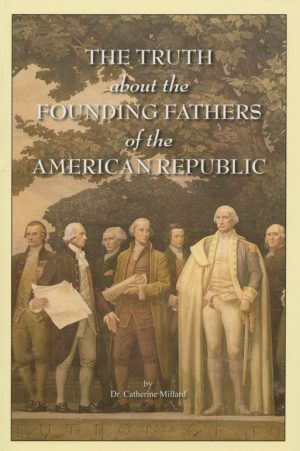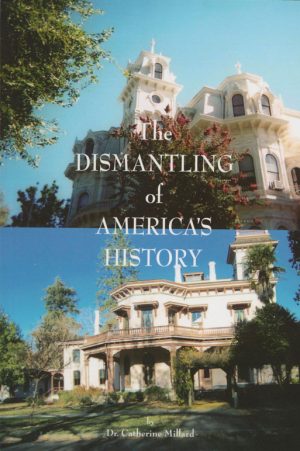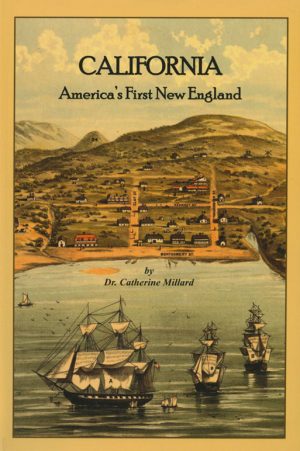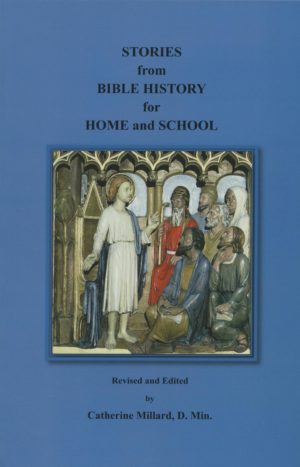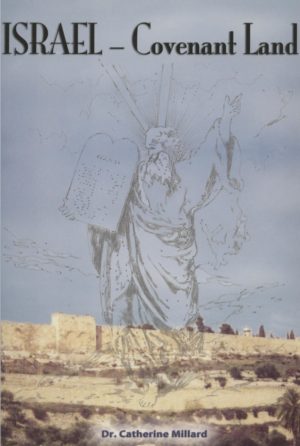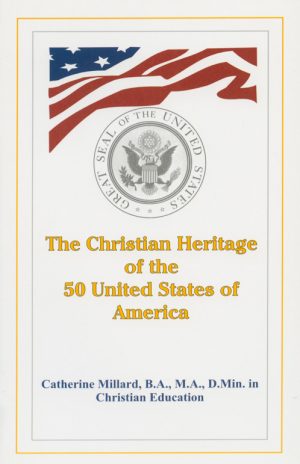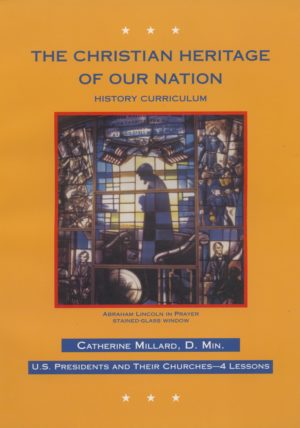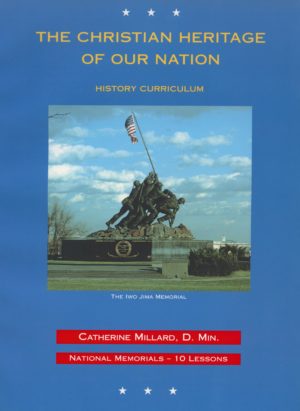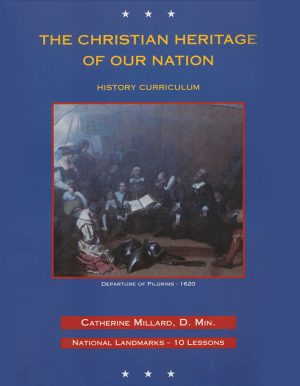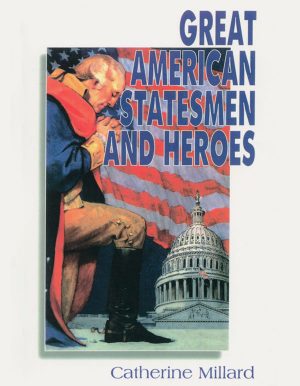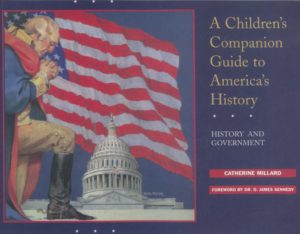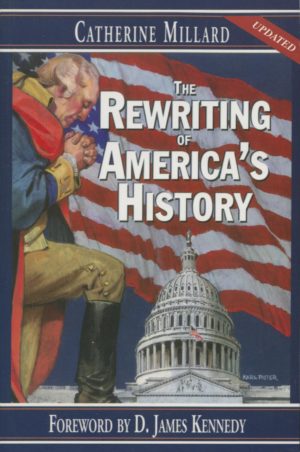Among the life-size statues in Statuary Hall of the United States Capitol is that of Daniel Webster of New Hampshire. Born in Salisbury, New Hampshire, he was the fourth child of Ebenezer Webster, who was of Puritan ancestry, and the former Abigail Eastman, who was described as “a woman of vigorous understanding, yet tender and self-sacrificing.”1
The Bible, Webster’s Guide to Life
From the early years of childhood through old age, Webster acknowledged that his Bible had been the foundation of strength and guidance in his life:
I do not remember when or by whom I was taught to read, because I cannot, and never could recollect a time when I could not read the Bible. I suppose I was taught by my mother, or by my elder sisters. My father seemed to have no higher object in the world than to educate his children to the full extent of his very limited ability…2
I have read through the entire Bible many times. I now make it a practice to go through it once a year. It is the Book of all others for lawyers as well as for divines; and I pity the man that cannot find in it a rich supply of thought, and of rules for his conduct. It fits man for life – it prepares him for death!3
A Country Boy at College
In 1796, Daniel attended Phillips Exeter Academy, where ninety boys were enrolled. He came from a country home background, while many of his peers were descended from rich, genteel families. Sometimes they would make fun of his different clothes and personality. Little did they know of the renown which awaited Webster, and the honor they would gain, simply by having been in the same class with this country boy! The world passes judgment according to outward appearances, while God reflects upon the character and motives of the inner man.
The following year, Daniel began to study with Reverend Samuel Wood, a minister of the Gospel in the town of Boscawen, six miles from Salisbury. In August, 1797, at the age of fifteen, Webster entered Dartmouth College, proving himself to be a good-natured friend and an excellent student.4 He was alone in his struggle with poverty, however, but he was happy and grateful in the knowledge that his father had made such great financial sacrifices to send him to college. This remarkable youth began earning money not only for himself, but for his brother, Ezekiel. He supervised the Dartmouth Gazette, a small weekly newspaper, and taught school in the winter to help Ezekiel through college.
The College Student Becomes an Orator
His ability as a speaker became evident as a college student. One of his classmates testified to this:
In his movement he was rather slow and deliberate, except when his feelings were aroused; then his whole soul would kindle into a flame. We used to listen to him with deepest respect and interest, and no one ever thought of equaling the vigor and flow of his eloquence.5
On July 4, 1800, Webster delivered his first public speech, at the request of the people of Hanover, tracing the history of this country from pioneer days to the revolution.6
Webster’s Famed 1820 Oration Commemorates
Landing of the 1620 Pilgrims
On December 22, 1820, Webster delivered an inspiring oration at Plymouth commemorating the two hundredth anniversary of the landing of the Pilgrims. He proved himself a true master of the art of oratory, capturing his audience, who listened with rapt attention:
Let us rejoice that we hold this day. Let us be thankful that we have lived to see the bright and happy breaking of the auspicious morn which commences the third century of the history of New England… Forever honored be this, the place of our fathers’ refuge! Forever remembered the day which saw them, weary and distressed, broken in everything but spirit, poor in all but faith and courage, at last secure from the danger of wintry seas…7
In this speech, Webster did not hesitate to emphasize the Christian religion upon which this unique 1620 band of Pilgrim Fathers based their government. People heard his eloquent words as though entranced. John Adams wrote to him, stating:
If there be an American who can read it without tears, I am not that American…Mr. Burke is no longer entitled to the praise – the most consummate orator of modern times…this oration will be read five hundred years hence with as much rapture as it was heard. It ought to be read at the end of every century, and indeed at the end of every year, forever and ever.8
In 1825, Webster again delivered a magnificent oration at the laying of the cornerstone of the Bunker Hill Monument. It sealed his place in the front rank of American orators of his day.
Webster, the Lawyer, Congressman and Secretary of State
As a leading constitutional lawyer, he had a private law practice and also served in both the U.S. House of Representatives and the Senate, in addition to being appointed Secretary of State in 1840.
Daniel Webster on Slavery
Webster saw slavery as a great evil, and pointed it out as that which ought “…to be set aside from the Christian world; let it be put out of the circle of human sympathies and human regards…”8 He did not live to see the abolishment of slavery in this nation…
Daniel Webster: “The Gospel of Jesus Christ a Divine Reality”
In the spring of 1852, Webster fell from his carriage and never entirely recovered. He subsequently made out his will, writing these words of unshakeable faith in the Gospel of Jesus Christ, Son of God, Savior of the world, for his epitaph:
Lord, I believe; help thou mine unbelief. Philosophical argument, especially that drawn from the vastness of the universe in comparison with the apparent insignificance of this globe, has sometimes shaken my reason for the faith that is in me; but my heart has assured and reassured me that the Gospel of Jesus Christ must be a Divine reality. The Sermon on the Mount cannot be a merely human production. This belief enters into the very depth of my conscience. The whole history of man proves it.9
Webster’s last words, a few hours prior to his death, reflect his subjection to God’s will and purpose for his life during his short pilgrimage upon this earth:
“My general wish on earth has been to do my Maker’s will.”10
Such was the life and legacy of Daniel Webster, New Hampshire’s greatest statesman. He has rightly been chosen by the citizens of New Hampshire to represent them as their foremost hero in the U.S. Capitol Hall of Fame – an honor well bestowed…
To learn more, click here.
___________________________
Bibliography:
1
Library of Congress documentation. Rare Book Collection.
2
Ibid., p. 211.
3
Ibid., p. 214.
4
Ibid., p. 217.
5
Ibid., pp. 218-219.
6
Ibid., p. 219.
7
Webster. Daniel. Oration at Plymouth, December 22, 1820. Rare Book Collection, Library of Congress.
8
Ibid.
9
Library of Congress documentation. Rare Book Collection.
10
Ibid.
